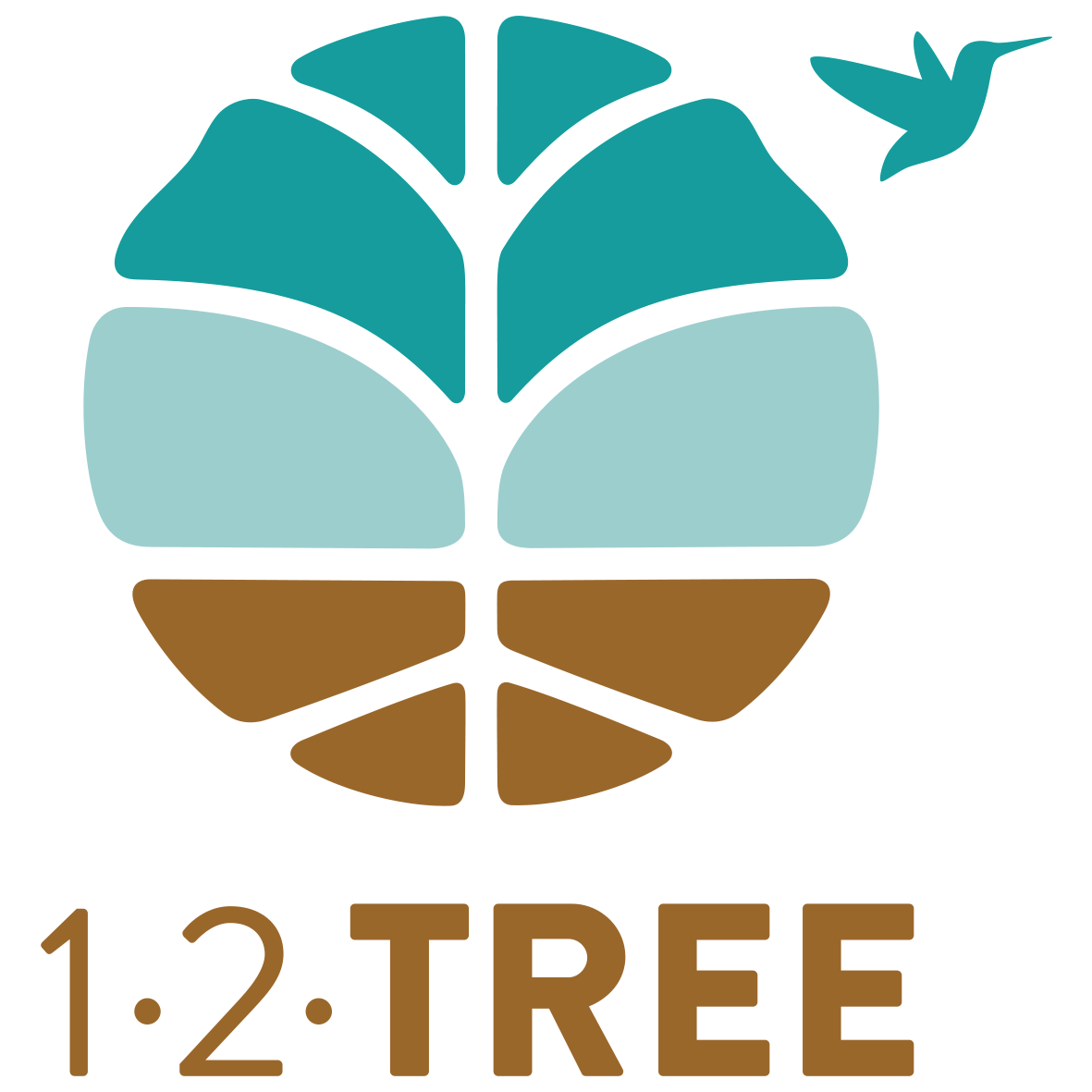In 2021, Mars Wrigley announced a joint climate-smart venture, Andean Cacao, with 12Tree and ECOM, one of the world’s largest suppliers of sustainable cacao beans.
Andean Cacao’s vision is to catalyze an industry shift, transforming formerly degraded land into a scalable, sustainable production model. The initial target for the venture is to regenerate 2,000+ hectares of pastureland in Colombia. We had the honor of interviewing Matthew Moudy, who leads Mars Wrigley’s Modern Sustainable Cocoa Farming strategy. He leads the initiative on Mars Wrigley’s side and works closely with the Andean Cacao team on a weekly basis. During the interview, we talked about the company’s overall sustainability strategy as well as their perspective and motivation to support Andean Cacao.
How does Mars Wrigley define sustainable cacao production?
The way cacao beans are produced today holds many challenges for us humans as well as nature. We aim to reshape the future of cacao by creating an inclusive, modern and sustainable supply chain. This means creating a cacao sector where human rights are respected, the environment is protected and everyone, especially cacao farmers, has the opportunity to thrive. It is still a fact that farmers, especially smallholders, are the most challenged actor in the food supply chain. They bear all the production risk, but often do not earn enough to provide a decent income. We want to ensure that supply chains are built in a way that allows people to thrive. And this goes beyond ensuring proper incomes and premiums, but also by supporting them to increase their productivity, and developing alternative large-scale farm models where farming communities can find decent job opportunities and wages. For us, protecting the planet goes far beyond meeting the bare minimum, such as no water and air pollution. It’s about reducing carbon footprint and stopping deforestation in our supply chain. Mars is a member of the World Cocoa Foundation’s Cocoa & Forests Initiative and a signatory to the CFI commitments to halt deforestation and restore forests in the global cacao supply chain. Our aim is to achieve a deforestation-free supply chain by 2025 and to further achieve carbon neutrality by 2050.
And how does Andean Cacao fit into this strategy?
Farm visit with Andean Cacao
Andean Cacao is our flagship project, in which we want to catalyze an industry shift, to prove how climate-smart cacao production can work at a large-scale. We made some big bets, transforming the cacao sector sustainably towards carbon neutrality, thriving farmers and all involved stakeholders of our supply chain… With Andean Cacao we can prove that such a transition is possible. The project is still in the transformation process, regenerating formerly degraded cattle grazing land into a highly productive, sustainable farm with the goal of delivering quality carbon-neutral cacao beans. The project seeks to improve carbon sequestration, soil health, and biodiversity, create living-wage job opportunities, and support neighbor communities. Another important aspect here is our land footprint. As our business continues to grow, we faced the question of how we ensure that we are not using land for cacao production that local people need to grow food in order to survive. Therefore, we made the commitment not to take up any more land in the supply chain. As part of Mars journey to become Net Zero by 2050, we have committed to have no greater land footprint in 2050 than we had in 2015 and foster smart-ag, regenerative and resilient practices in place within our supply chain. In order to achieve this, we need to be more productive on the land we already have - once again this is where Andean Cacao comes in.
What impresses you most about the project?
Every day we learn something new. What I really admire about Andean Cacao CEO Xavier Sagnieres and his team is that they are proactive instead of reactive. Each new insight is taken in and serves as the basis for the next decision or strategy adjustments. As a result, the project does not stop but gets better each year. The scale we are at today is tiny in comparison where we will be, so being able to make these learnings is super important. And second, Andean Cacao is showing that it works, that climate smart agriculture enables high productivity while continuously improving the health and well-being of the environment, the soil, and the people.




